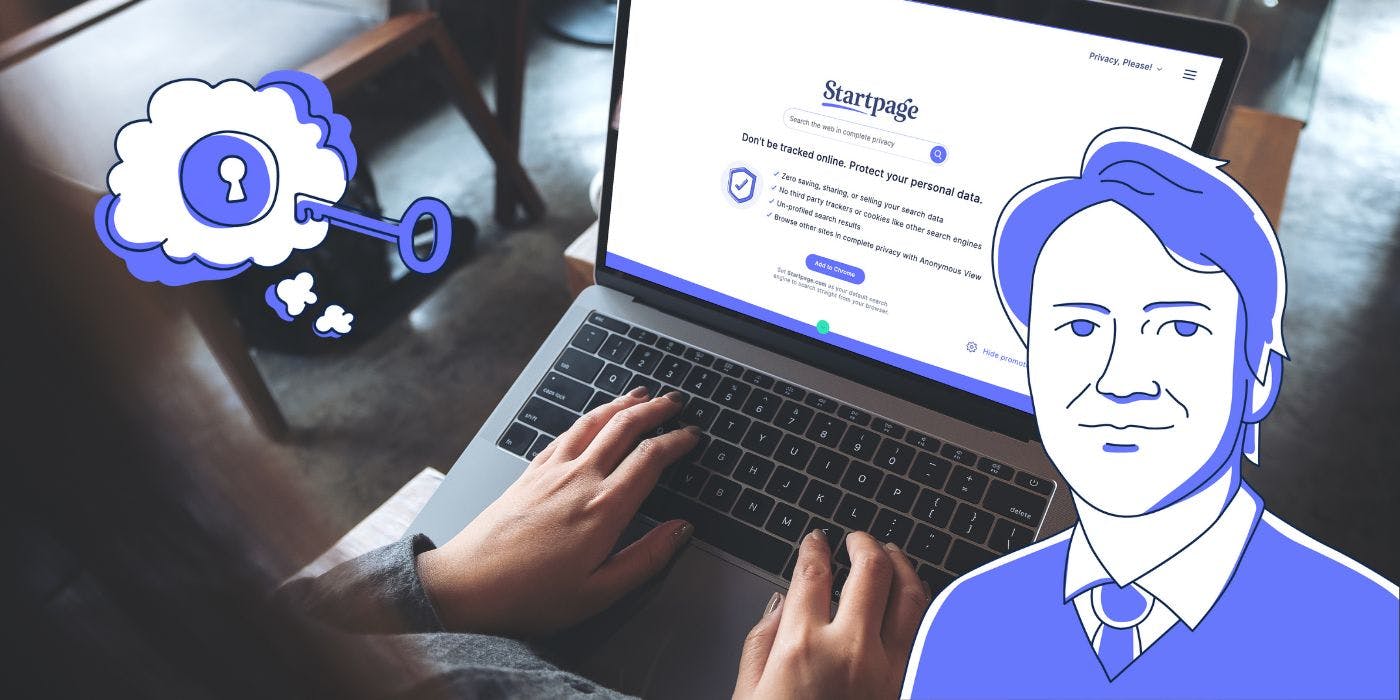249 reads
Privacy is a human right: An Interview with Startpage founder, Robert E.G. Beens
by
March 10th, 2021

The world's first private search! We go above and beyond to maintain privacy while delivering Google results.
About Author
The world's first private search! We go above and beyond to maintain privacy while delivering Google results.
